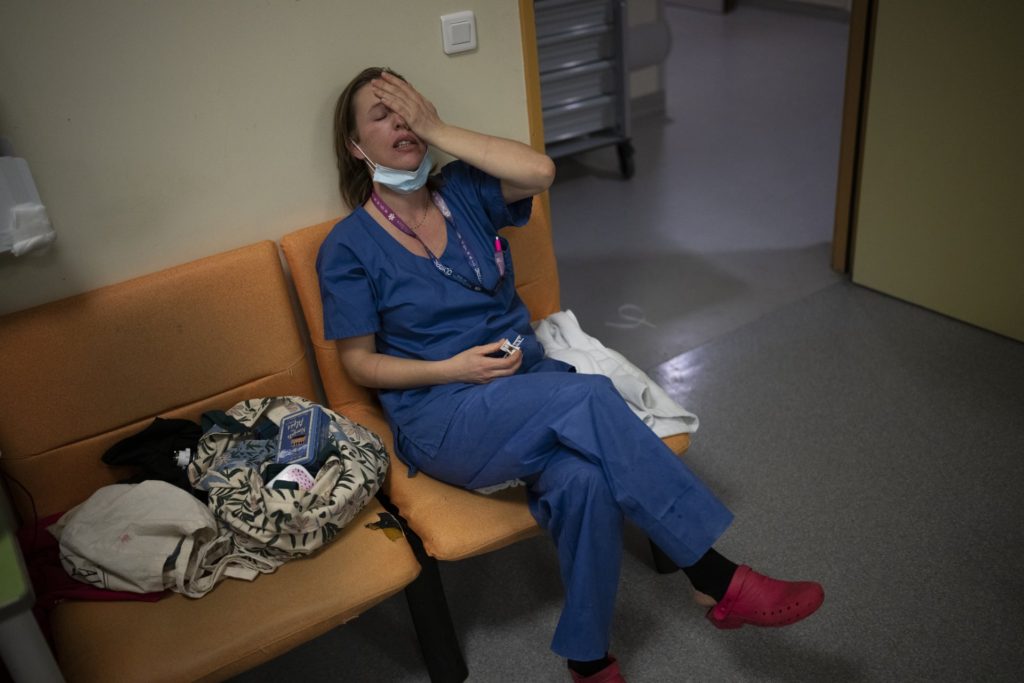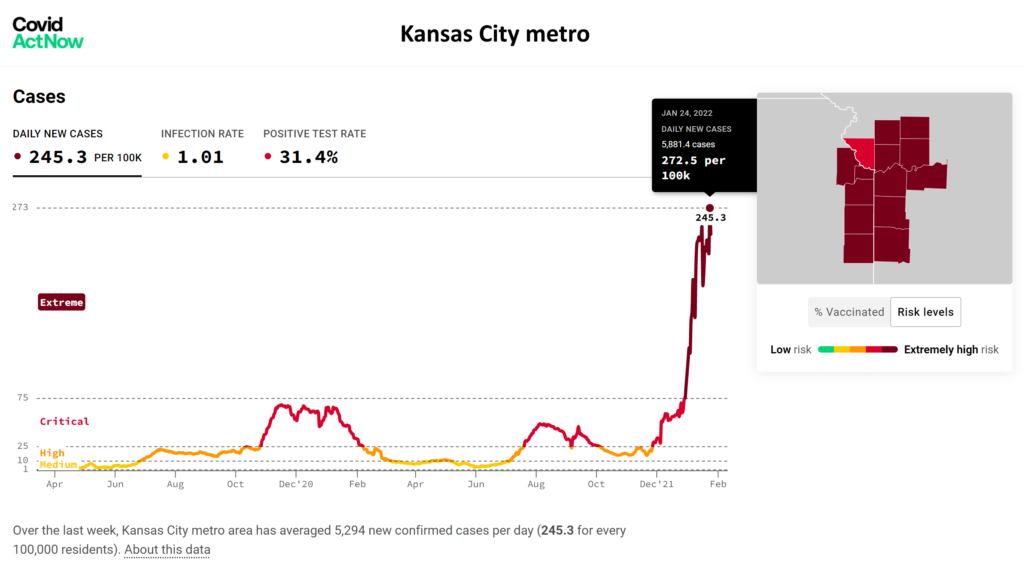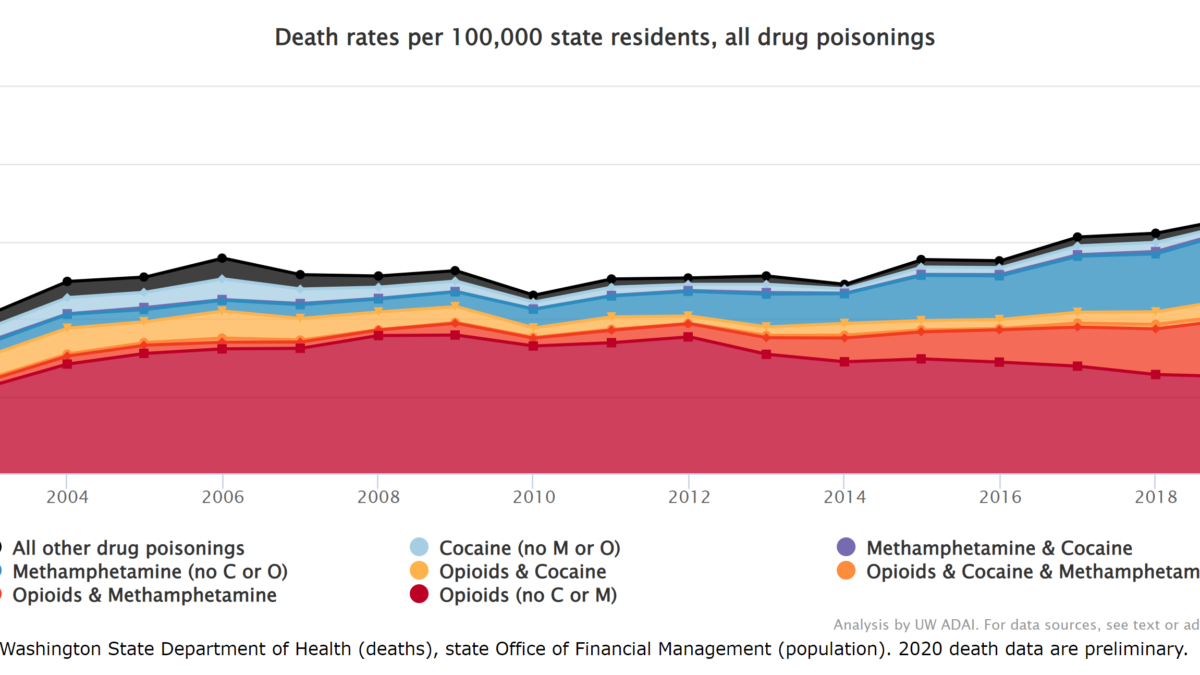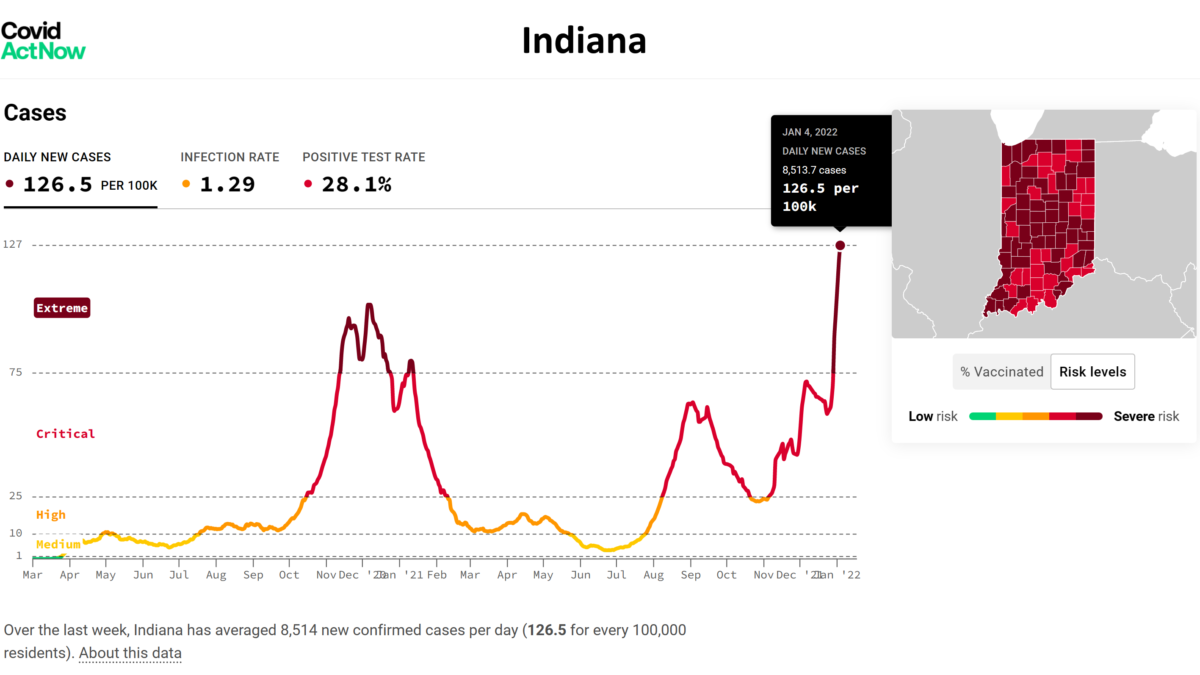“COVID parties” spread the virus on purpose. That’s “Russian roulette”, doctors warn

By Lisa Gutierrez
21 January 2022
(Kansas City Star) – Thinking about intentionally exposing yourself to the coronavirus? Thinking that you’ll probably get away with a mild case and become immune to COVID-19? You need to think again. Even if you’re fully vaccinated.
If you get COVID on purpose, there’s no guarantee you’ll only get a little sick, though the contagious omicron variant surging now is less likely to put you in the hospital than the previous delta variant.
“The majority of people that get omicron that are vaccinated really do have minor symptoms,” said Dr. Marc Larsen, an emergency physician at Saint Luke’s Hospital of Kansas City. “It’s still playing Russian roulette though. If you get a really severe case, you can’t take it back.”

And yet, the idea that omicron isn’t as deadly as other variants, or doesn’t cause severe illness in children, seems to be motivating recent social media chatter about so-called “COVID parties” across the country. They’re like the “chickenpox parties” of old where parents exposed unvaccinated children to other sick children so they wouldn’t get it as adults when consequences are more severe. That’s a no-no, the Centers for Disease Control and Prevention says. A few days ago, doctors in Pennsylvania’s Lehigh Valley cautioned parents against COVID parties. Last week Dr. Craig Bunnell, chief medical officer for the Dana-Farber Cancer Institute in Boston, appeared in a video on the hospital’s YouTube channel offering similar advice. “COVID is not a cold. It’s a life-threatening disease and people are still dying from it,” Bunnell said. “For those who don’t actually die, many will be sick for a long time.
“Remember, getting infected with delta didn’t have much preventive benefit from getting infected from omicron. So it doesn’t mean you’ll be protected from the next variant.” This week, Hanka Horká, a popular Czech folk singer, died after she deliberately got infected with the coronavirus. In the Czech Republic, proof of vaccination or recovery from infection is needed to enter restaurants and entertainment venues.
Inside a Kansas City ER
If you need another deterrent, you might want to see what’s happening in Larsen’s ER at Saint Luke’s, where he is a member of the COVID-19 Response Team. Think about ERs you’ve seen on TV. Staff in scrubs hustling about, machines beeping, a couple of police officers there too, because they’ve brought in a patient in custody. Now add in waves of people coming in sick with COVID-19. And the staff taking care of them are gowned up and wearing face shields so they don’t get infected. And managers are making sure there are enough people working each shift because so many employees are out sick with COVID. And every emergency department in the city is on “high volume” status because of the coronavirus. And the COVID cases keep coming. That’s real life now.
Beds are full
Every emergency department in the Saint Luke’s system — there are 16 hospitals — has been boarding patients for the last one to two weeks, Larsen said. That happens when there are no hospital beds upstairs for patients who need to be admitted from the ER. Lately some patients have been waiting in beds in hallways or in chairs that convert to beds, whatever can be pressed into service, Larsen said. “But it’s exhausting. And we just need everybody to understand where we are right now,” he said. Some of that backup is caused by COVID patients staying longer in intensive care. “They stay in that ICU for 27 days on average right now,” Larsen said. “There’s a lot of patients that are exceedingly sick by the time they show up.” [more]
‘COVID parties’ spread the virus on purpose. That’s ‘Russian roulette,’ doctors warn


